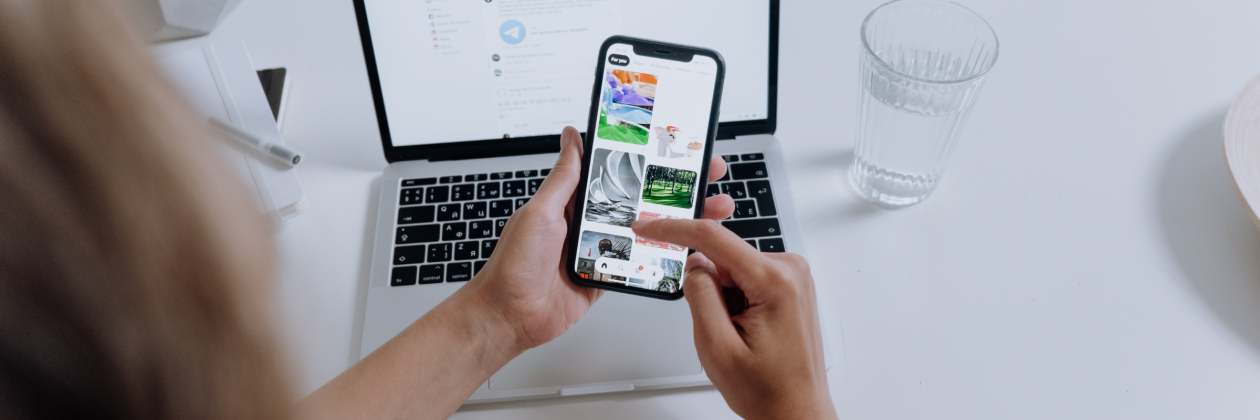
From Phones to the Polls, People with Intellectual Disabilities Learn About Electoral Processes
As her young son came home every day from school frustrated because of his trouble studying and learning, Armine Sahakyan experimented with different ways to help him. But after trial and error of different strategies in coordination with his teacher, Armine felt just as defeated as her son did.
“We were running out of time, and it was necessary to discover his strengths, which is oral speech,” Armine, head of We Can NGO in Armenia, said about her son with a learning disability.
She then came up with tests where the teacher read the questions aloud, and her son answered with pictures. It worked, and it became a huge component of the rest of her son’s educational journey, Armine said in an interview.
Years later, Armine founded We Can NGO to protect the interests of children and young adults with intellectual disabilities. One of her friends noticed that his own son, while he couldn’t read or write, could use a computer to learn.
Armine told her friend that her son learned in a similar way with pictures. Her friend suggested turning the learning method into a mobile application. Soon, We Can NGO created the first educational development web application in Armenia, which had no precedent.
The application, after being adopted by the Ministry of Education, Science, Culture and Sports in 2019, became popular during the coronavirus pandemic when children attended school online instead of in person.
She realized that this model could be used to create educational materials to assist children with intellectual disabilities. Collaborating with the Central Electoral Commission, with the support of IFES and funding from USAID, We Can NGO designed an app called “My Right to Choose” for persons with intellectual disabilities to more easily learn and access information about how to engage in Armenia’s political and electoral processes.
“This is a first-time tool and a wonderful platform for voters with intellectual disabilities where they can increase their awareness through the application,” CEC member Arusyak Terchanyan (who previously worked for IFES in Armenia) said in a television interview about the app.
The development of the app came from a diverse set of experiences and backgrounds of local civic educators, local organizations of persons with disabilities, and the CEC, as well as digital expertise from local developers. It combines sound design with pictures and simplified explanations of laws, steps in voting, and other educational materials about the Armenian government.
One 20-year-old user said he didn’t know that a member of parliament’s term lasted for five years before using the app.
“With the creation of this application, we would like to ensure that persons with disabilities participate in public life, in elections,” Jérôme Leyraud, IFES Armenia Country Director, said. “We want to see them as independent voters. These are small steps which decide to what extent the society is democratic.”
The app’s success sparked new conversations and ideas about how to incorporate it into academic curricula. Currently, IFES, We Can NGO and other organizations for persons with disabilities (OPDs) are working with the Ministry of Education to determine the viability of the app as a resource for young children with and without disabilities.
Going to the polling station and selecting a candidate of his choice, Armine’s son participated in Armenia’s political process for the first time.
“The joy of our family was great when my son got his passport on the eve of the mayoral elections, and to our surprise, he decided to vote,” Armine said. “He was very happy and considered himself important when he chose a candidate who won the election.”
The My Right to Choose app is made possible by the support of the United States Agency for International Development (USAID) as part of the Strengthening Electoral Processes and Political Accountability in Armenia (SEPPA) project implemented by IFES.



